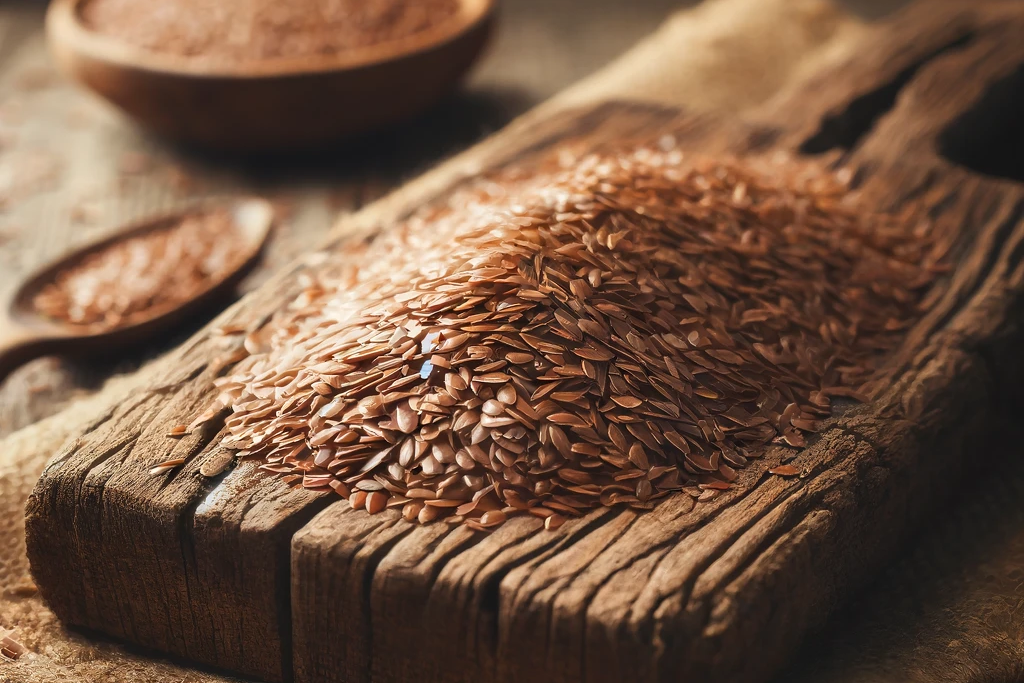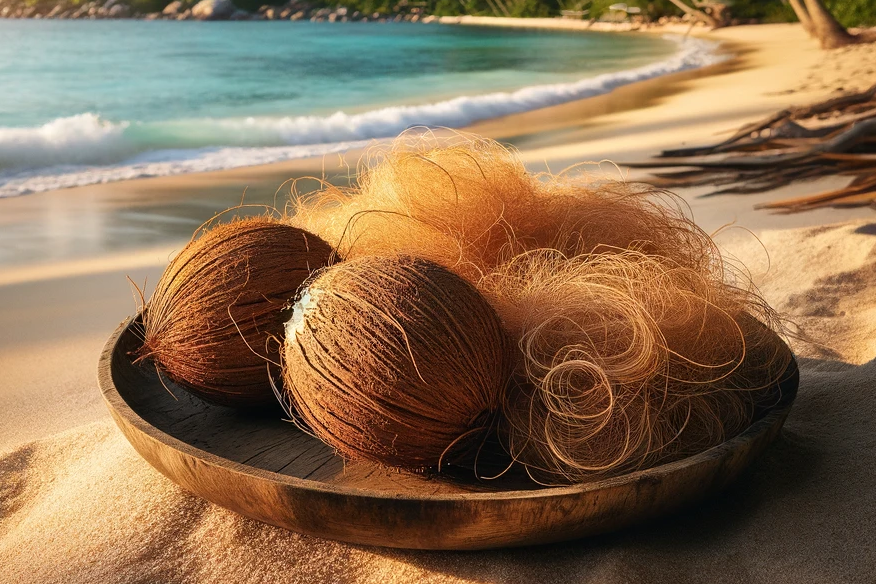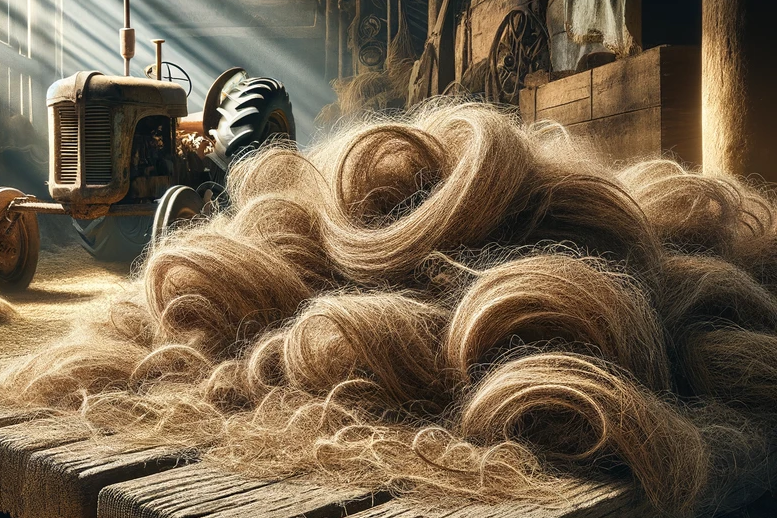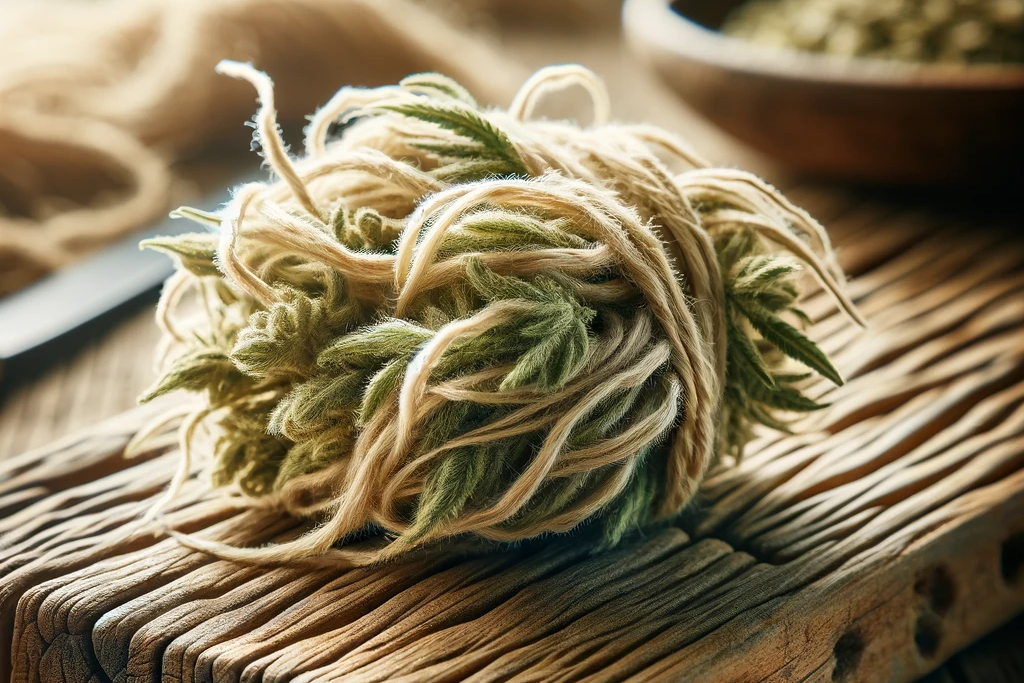Cotton fiber
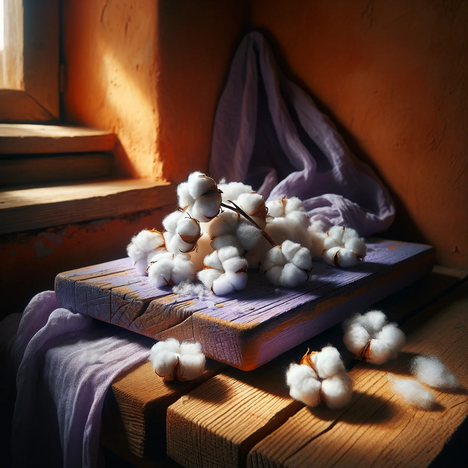
What is cotton fiber?
Cotton fiber consists of a single cell made up of cellulose. Cellulose is a carbohydrate consisting of glucose molecules. The cotton fiber has a length of 15 to 56 mm and a diameter of 12 to 35 µm. It has a hollow structure called the lumen. The fiber has three walls: the primary wall, the secondary wall and the tertiary wall. The primary wall is very thin and contains cellulose as well as pectins and waxes. The secondary wall is thicker and contains the largest proportion of cellulose. The tertiary wall is also thin and contains little cellulose and many impurities.
The cotton fiber grows out of the seed of the cotton plant after the flower has fallen off. The fiber coats the seed and forms a fluffy mass called a boll. The bolls are harvested when they are ripe and open. They are then de-seeded, cleaned and combed to separate the long fibers (lint) from the short fibers (linter). The lint fibers are spun into yarns that are used for textiles. The linter fibers are used for other purposes such as paper or absorbent cotton.
What are the advantages of cotton fiber?
Cotton fiber has many benefits for the production of textiles, but also for the health and well-being of your dog. Here are some of them:
- Cotton fiber is soft and comfortable on the skin. It does not scratch and does not cause allergies or irritation. This is particularly important for dogs with sensitive skin or skin problems such as eczema or dermatitis.
- Cotton fiber is breathable and moisture-regulating. It absorbs sweat and releases it again without becoming too clammy. This helps your dog to regulate its body temperature and avoid overheating or overcooling.
- Cotton fiber is absorbent and hygienic. It absorbs liquids such as urine or blood and thus prevents odors or infections. This is particularly useful for dogs with incontinence or wounds.
- Cotton fiber is hard-wearing and durable. It does not tear easily and retains its shape and color even after many washes. This saves you money and waste.
- Cotton fiber is biodegradable and environmentally friendly. It is made from a renewable raw material that can be grown without chemical fertilizers or pesticides. It decomposes quickly and leaves no harmful residues.
What are the disadvantages of cotton fiber?
Cotton fiber also has some disadvantages that you should be aware of:
- Cotton fiber is not water repellent or stain resistant. It soaks up water or dirt quickly and dries slowly. This can lead to an unpleasant feeling or mold growth.
- Cotton fiber is not elastic or crease-resistant. It does not stretch or contract. It creases easily and must be ironed. This can lead to a messy appearance or damage.
- Cotton fiber is not fireproof or mothproof. It burns easily and is attacked by moths. This can lead to a safety risk or a loss of quality.
Cotton fiber is a versatile natural fiber that has many advantages for the production of textiles, but also for the health and well-being of your dog. It is soft, breathable, absorbent, hard-wearing and biodegradable. However, it also has some disadvantages, such as the lack of water and dirt repellency, the lack of elasticity and crease resistance and the lack of fire and moth resistance. You should therefore always weigh up the pros and cons and choose the right cotton fiber for your dog.
Properties 5
Are you looking for other ingredients with a specific property?
Just click on them to find more.
If you notice any signs of hypersensitivity or poisoning in your dog, you should see your vet immediately. We are not a substitute for a vet, but we try to be as accurate as possible. Every dog reacts differently and we recommend you get a second opinion or consult your vet if in doubt.
Stay healthy and take good care of your four-legged friend!😊
Similar to Cotton fiber
Flaxseed fiber is extracted from the husks of flaxseeds and is rich in soluble and insoluble fiber. These fibers play an important role in the diet as they aid digestion and help maintain a healthy...
Coconut fiber, also known as coir, is a natural product obtained from the outer husk of the coconut. It is known for its robustness and is often used in industry to make ropes, mats and other...
Jute fiber is obtained from the stems of the jute plant(Corchorus spp.), which grows mainly in warm, humid regions of South Asia such as Bangladesh and India. This natural fiber is the second most...
Hemp fiber is obtained from the stalks of the hemp plant (Cannabis sativa), a plant best known for its use in the textile industry and for its bio-based materials. Unlike the psychoactive compounds...
